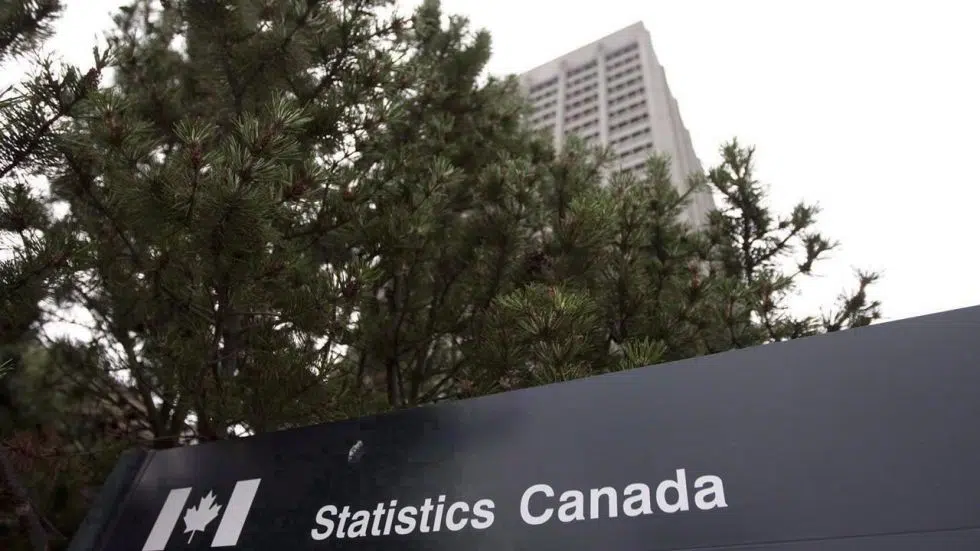
CHARBONNEAU: Reboot Statistics Canada
Statscan needs to update its operating system and reboot.
They now operate on a paper system in which only 40 per cent of surveys on spending habits are returned. Those that are returned are sometimes incomplete. Respondents sometime forget to include digital purchases such as orders from Amazon, Netflix and Uber.
Return of surveys is critical in determining strategies like benchmark interest rates which are used to calculate Old Age Security and child tax benefits. Spending habits also helps policy-makers. If Canadians are spending a large amount on drugs, for example, governments could decide to create better drug coverage.
Statscan wants to modernize the way in which they collect data through digital records held by banks. In the light of privacy breaches of Facebook and other accounts, Canadians are understandably nervous.


